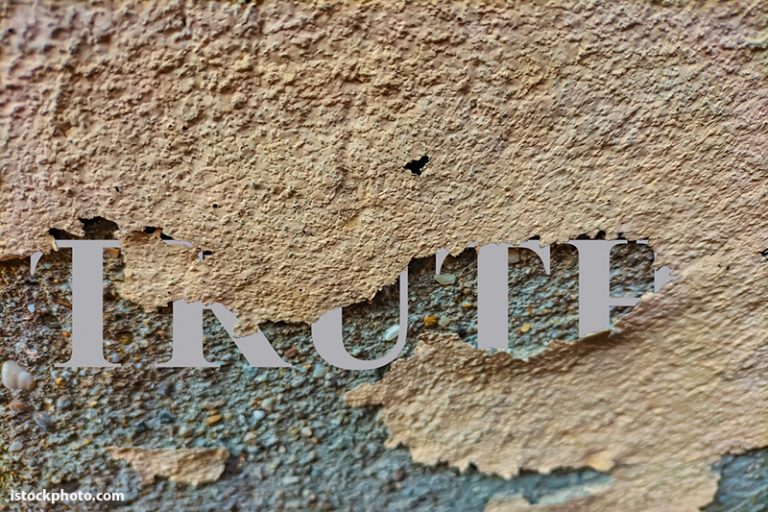University presidents carry a moral burden to act with integrity. When they don’t, universities suffer and communities, students, and alumni pay the price.
“…for what is a share of a man worth? If he does not contain the quality of integrity, he is worthless. If he does, he is priceless. The value is either nothing or is infinite.”
Elbert Tuttle, Chief Judge of the United States Court of Appeals for the Fifth Circuit
________________________________________________________________
Little has more impact on the learning environment for students, the working environment for faculty and staff, and the service environment for the communities and states where universities are located than ethical leadership, or lack thereof, exerted by the president. And university leadership has economic impact in host communities. Five great and prosperous college towns: Amherst, MA; Ann Arbor, MI; Athens, GA; College Station, TX; and Berkeley, CA, all have extended histories of bold, insightful presidential leadership. Admittedly, these are special towns, but in any university community the president exerts force, for better or worse.
An April 12, 2013, Library Journal entry suggests that college presidencies are in shambles. University personnel, students, families, donors, and alumni look for bold and decisive leadership from university presidents and rarely find it. At Rutgers the basketball coach ran amok; at Penn State, the football program lost all moral credibility and integrity; and at Emory University the books were cooked for an edge in national ranking systems, lying about test scores and other characteristics of university quality; these few notorious examples lead to, or follow from, a lack of integrity of presidential leadership. Each case begs the question: Is the credibility of university leadership evaporating?
The helm wants the absent helmsman.
Tears in the fabric of integrity in universities come internally, from executive leadership, not from outside forces. The statehouses, tough economic times, declining enrollments, lack of community support, all may make the job challenging, but don’t compel leaders to violate the West Point Honor Code, “A cadet [president] will not lie, cheat, steal, or tolerate those who do.” Presidents decide to own or shed integrity.
Lapses of veracity are exercised for personal or institutional benefit… unseemly in either case, and fueled by avarice in both. At Rutgers, when the basketball coach behaved in a despicable way, it seemed the concern of university leadership was damage control rather than the student athletes, or the example set. It is patently clear that subterfuge was the case at Penn State. The fear of the lost dollar or diminished power ruled and integrity suffered.
The ethical framework, or lack of one, allows impropriety in any quarter to creep into academic decision-making in every quarter. And the bright light of 24/7 news and Internet availability of every form of commentary makes hiding the truth a delusion of the past. These conditions, coupled with intense political pressure — especially at state institutions — cause university presidents to hide in the dark shadows of our ivy-covered halls. In many cases, presidents are afraid to lead as leadership will always bring about resistance from some corner of the campus or community.
Steven Bell points out in the Library Journal that university presidents are often ruled by fear with this query: “When was the last time a college or university president produced an edgy piece of commentary, or took a daring stand on a contentious manner?” It’s hard to find a university leader willing to risk the danger of a contentious position, yet supposed leaders are willing to cover up malfeasance – personal and corporate — while denying the consequences of such behavior on academic quality, students, campus life, and the community.
Our universities need determined presidential leadership. University presidents have been, and continue to be, a moral force on campus and in town: a positive moral force by encouraging and expecting integrity and academic excellence in all decisions or, conversely, a negative moral force by demonstrating behaviors of selfishness and personal gain as the roots of all action.
You can’t have it both ways: It’s either worthless or priceless. Judge Tuttle was astute.





Well, first of all I couldn’t be happier to learn that Dr. Wendler reviews Library Journal as a source of information. It is, indeed, a good source of perspective on campus trends.
I did want to comment that another vital aspect of a leadership for the person in the executive leadership position of university president. It is in the nature of the job that one makes difficult decisions. With time, those decisions and outside events frequently create an environment in which the president becomes a liability. In some cases, this liability may be not entirely the fault of his/her own or the result of bad decisions but rather a result of outside circumstances that no one could have foreseen or managed. It’s the nature of the job. When this happens, it is a true sign of leadership and integrity in my judgment that a leader with the right priorities will either resign or seek employment elsewhere rather than aggressively pursue defensive strategies designed to keep one’s job. There comes a time when a great leader sees that the priorities and needs of the institution come before his/her own.
I agree that what happened at Emory speaks poorly of the integrity of those involved, however, it should probably be mentioned that it was not directed by the president of the university, but rather by deans in the admissions office. The misreporting was was internally discovered by an employee appointed by the president and voluntarily disclosed by the school. According to the university, the parties responsible for the misreporting have resigned.
In the current year, after data reporting changes have been enacted in response to this scandal, Emory’s undergraduate program is ranked 20th in the country on the USNWR list.
While such behavior ill-befits a university of Emory’s reputation, I find little to fault in President Wagner’s response once the errant practices were brought to light. I also think that conflating what happened at Emory with the persistent sexual abuse of minors reported at Penn State seems a bit hyperbolic. While neither is defensible, one is disappointing, while the other is heinous.
DC, Well said. The implications of Dr. Wendler’s blog today are obvious and do not need spelling out. In addition to the final pragraph, it could also be said that when one feels a sense of shame concerning the persona and actions of a University President who does not show integrity by resigning then this harms the institution. Unfortunately, a pattern was set by a previous Democratic President who should have resigned when he was found out committing an act incompatible with the dignity of his office and lied to Congress about it. As a result we are all paying the price.